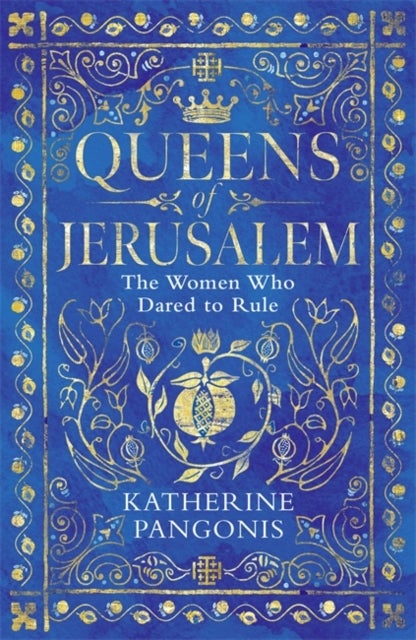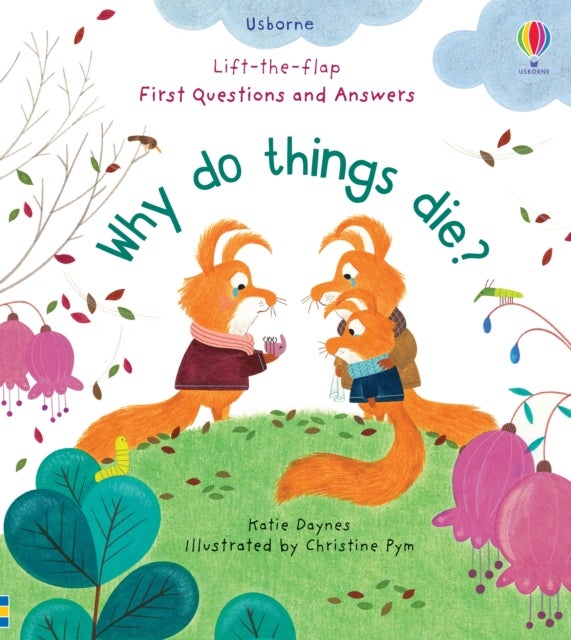
Queens of Jerusalem av Katherine Pangonis
169,-
<p>In 1187 Saladin''s armies besieged the holy city of Jerusalem. He had previously annihilated Jerusalem''s army at the battle of Hattin, and behind the city''s high walls a last-ditch defence was being led by an unlikely trio - including Sibylla, Queen of Jerusalem. They could not resist Saladin, but, if they were lucky, they could negotiate terms that would save the lives of the city''s inhabitants.<br><br>Queen Sibylla was the last of a line of formidable female rulers in the Crusader States of Outremer. Yet for all the many books written about the Crusades, one aspect is conspicuously absent: the stories of women. Queens and princesses tend to be presented as passive transmitters of land and royal blood. In reality, women ruled, conducted diplomatic negotiations, made military decisions, forged alliances, rebelled, and undertook architectural projects. Sibylla''s grandmother Queen Melisende was the first queen to seize real political agency in Jerusalem and rule in her own right.








